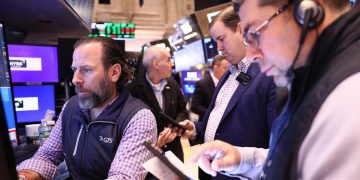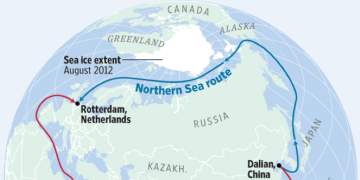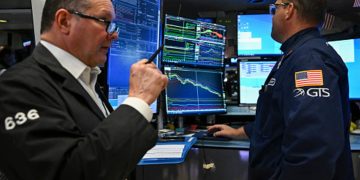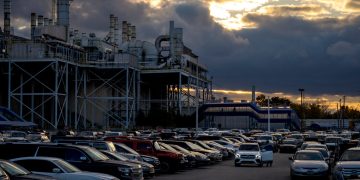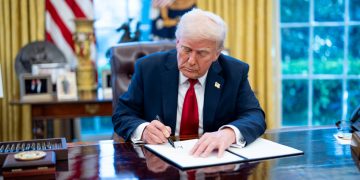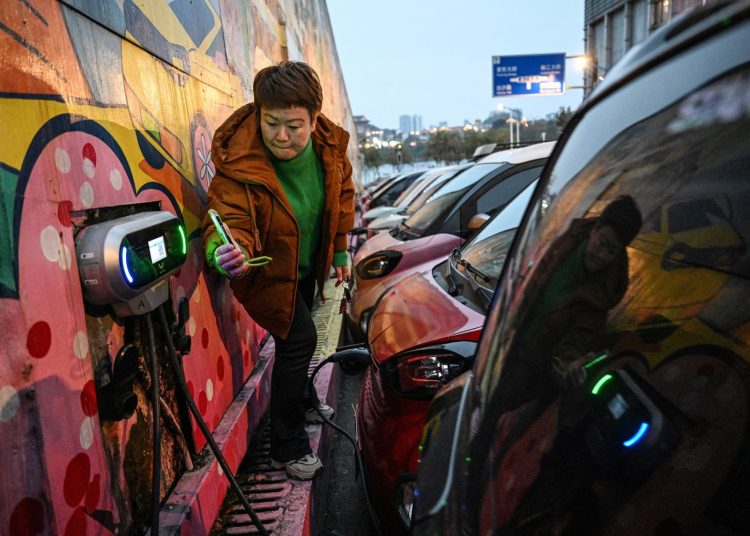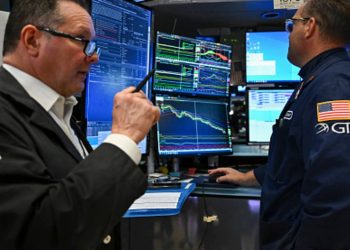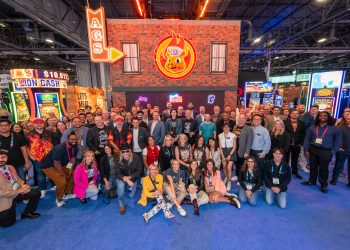LIUZHOU, China — Liuzhou may be a small city by Chinese standards, but it’s a big player when it comes to the country’s thriving electric vehicle industry.
The city of 4 million, a longtime center of car manufacturing in the southwestern region of Guangxi, brands itself as an EV capital — and for good reason. Last year, it produced half a million EVs of all kinds, with the capacity to make about three times that.
Huge industrial growth aided by the government has raised concerns about Chinese “overcapacity” in EVs and other clean energy products, leading U.S. and other Western officials to impose tariffs meant to make Chinese products less competitive abroad. But Chinese EV makers say they are just playing to their strengths.
“Liuzhou is very competitive as a city for new energy vehicle manufacturing,” said Yu Hongqiao, who manages a factory here for Chinese EV maker Wuling New Energy.
“First, the cost of manpower is very low. Second, the logistics cost is low,” he said in an interview in Liuzhou last month. “Third, the industrial foundation is there. Fourth, there is a lot of talent from the industry here.”
Liuzhou is home to five major state-backed carmakers, including Wuling’s parent company, Guangxi Auto.
One of them, FAW Group, is famous for making the Hongqi, a high-end car used by the government elite. At the other end, SAIC makes a popular $4,000 EV in a joint venture with Guangxi Auto and the American car manufacturer General Motors.

